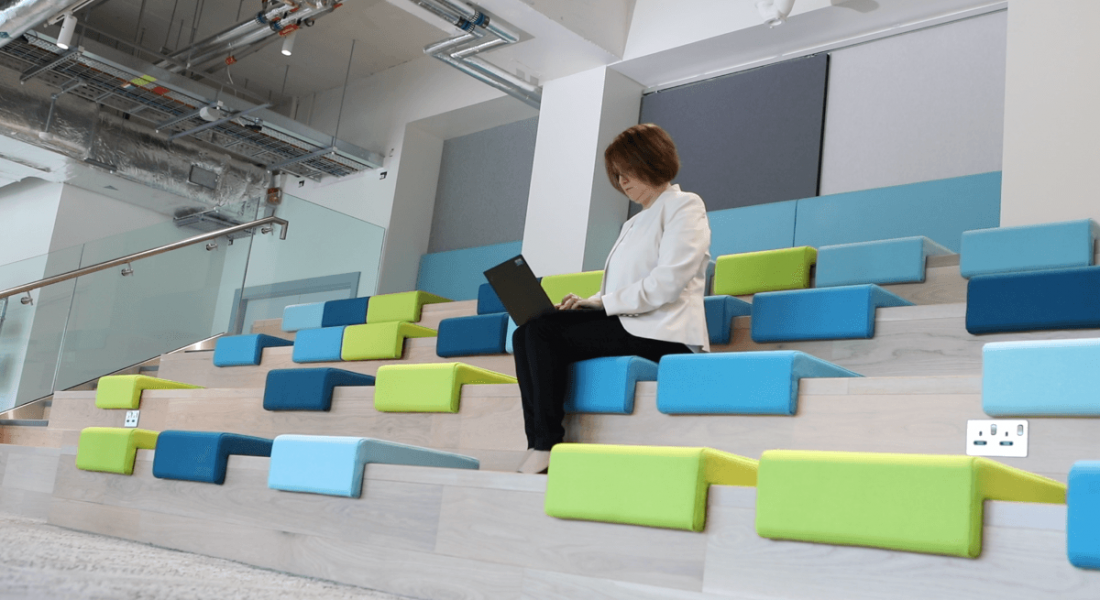We spoke to Olive Casey, HR director at Amgen Dún Laoghaire, to hear more about how life sciences could be totally transformed in the coming years.
‘Future of work’ can be a bit of a nebulous term. When does this ‘future’ actually begin? Has it arrived or is the mass disruption that many experts anticipate yet to come? Furthermore, how will it affect individual industries?
Amgen is one of the largest life sciences companies in the world and has a significant Irish presence. It has multiple hubs dotted across the country, including its Dún Laoghaire facility.
We headed down there to speak to HR director Olive Casey and get her take on how the life sciences industry will have to adapt to the impending changes that the future of work will bring.
Casey predicts that we will see an integration of physical and virtual work environments. “Not only will the workplace have to adapt to this, but also we need to partner with the universities to ensure they are providing the skillsets to the students to make sure they’re equipped for this new kind of environment.”
She notes that this new workforce will not be only composed of young graduates and millennials – it will increasingly become a multi-generational workforce, and that the needs of the workforce will be broad and will vary greatly among the different demographics. “We need to ensure we’re catering for a wide variety of motivational factors and career aspirations, and this means changing that traditional approach to career path that we’ve had in the past.”
Flexible working is likely to become standard. The benefits this brings to employers and employees alike are numerous – employees enjoy being able to tailor their schedules to their individual needs, and employers benefit from the fact that flexibility tends to make employees happier and, therefore, more productive.
“We offer a number of flexibilities, including flexi-time, working from home or telecommuting, and also even remote working, where an employee can work full-time from a remote office or from a home office,” Casey explains.
To hear more of Casey’s thoughts on how the future of work will particularly impact the life sciences field, check out her interview in full above.




